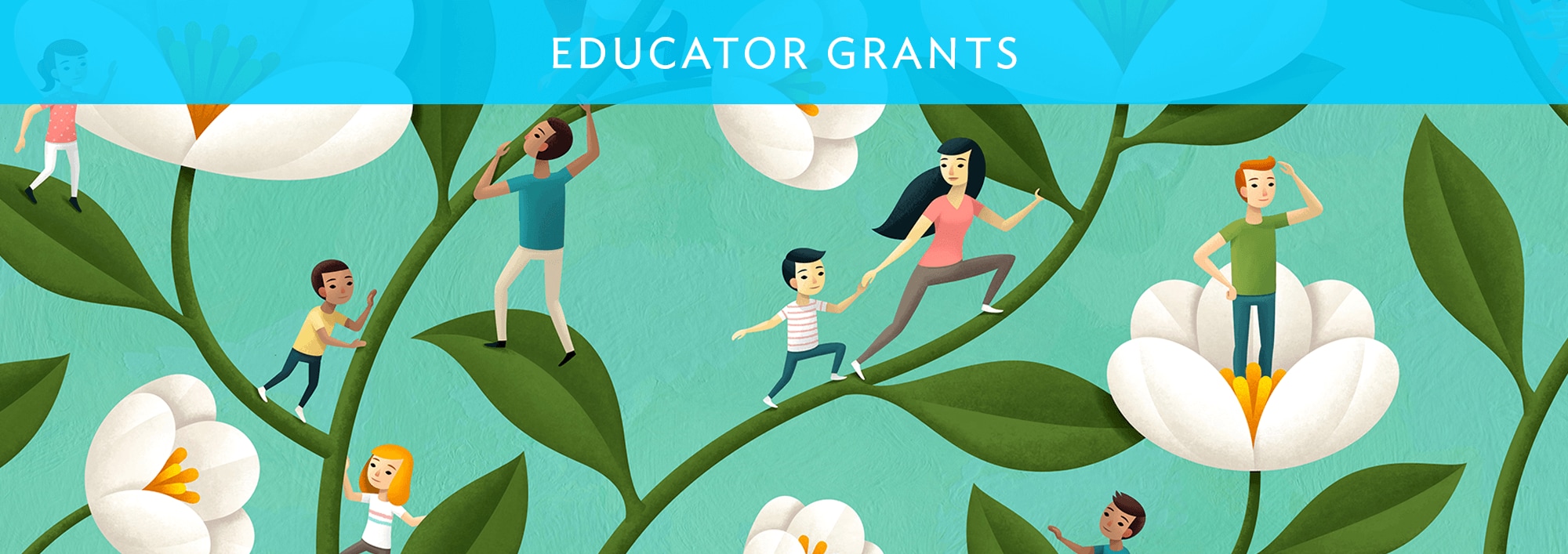Learning for Justice
There are presently no open calls for applications.
Learning for Justice Educator Fund
The LFJ Educator Fund funds three types of projects: classroom level, school level and district level. For all project types, we seek to fund projects that culminate in measurable student outcomes and sustainable systems change. Educators throughout the U.S. may apply. Priority will be given to eligible proposals operating in the SPLC’s core states: Alabama, Florida, Georgia, Louisiana and Mississippi.
All Learning for Justice Educator Fund projects must incorporate at least one LFJ resource, framework or publication. Each applicant must also demonstrate how the endeavor addresses one or more of the following key outcomes:
● Restorative discipline: an increase in schools and districts shifting from punitive discipline policies to restorative discipline policies;
● Youth civic engagement: an increase in student civic engagement, especially supporting the rights of marginalized students and communities;
● Dismantling oppressive narratives: an increase in schools and districts shifting from white supremacist or oppressive policies and curricula to policies and curricula that are anti-racist or support the safety and self-determination of all students.
Our aim is to build, over time, a network of educators who are enthusiastic about learning from each other and sharing their experiences with the broader Learning for Justice community.
To view the application questions, please see the Guidelines below.
Have questions about the Learning for Justice Educator Fund? Contact the Learning for Justice Educator Fund Manager at lfjeducatorfund@splcenter.org.
LFJ Social Justice Educator Collective
Learning for Justice offers an opportunity for experienced social justice educators to learn, grow and support one another in the ongoing work of advocating for the liberation and inclusion of all students in school communities. Eligibility requirements for the Social Justice Educator Collective include having completed an in-depth learning experience with LFJ, such as a workshop, institute or professional learning cohort.
The SJE Collective cohorts engage in learning for one school year, beginning in September and ending in June. In the fall, participants share their own strategies and experiences with the group. In the spring, they focus on their own individually designed problems of practice, tailored to their home community, with the option of starting regional SJE collectives. Textual study guides our learning throughout.
We accept applications for the SJE Collective June 1 to August 1 of each year.
Questions? Please contact jey.ehrenhalt@splcenter.org.
